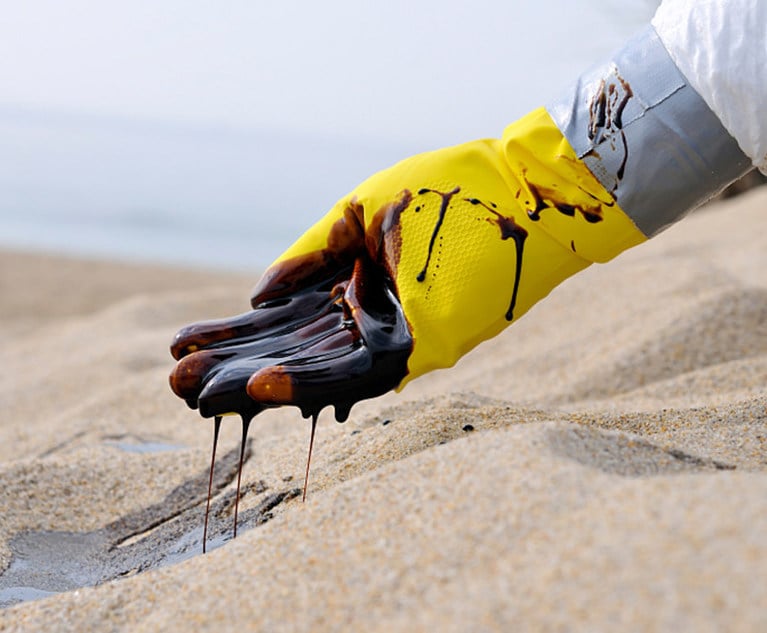 In recent months, the steady drumbeat of climate change litigation has grown increasingly louder as municipalities in California and New York have filed lawsuits against some of the historically largest companies in the oil and gas industry for their alleged contributions to climate change. The lawsuits claim that the production and refining activities of the defendants caused an increase in carbon dioxide and other greenhouse gases in the atmosphere, which contributed to climate change and in turn is causing—and will continue to cause—a rise in sea levels and an increase in heat waves. These lawsuits seek billions of dollars in damages to pay for current and future infrastructure projects that the municipalities claim are necessary to prepare for an evolving climate.
In recent months, the steady drumbeat of climate change litigation has grown increasingly louder as municipalities in California and New York have filed lawsuits against some of the historically largest companies in the oil and gas industry for their alleged contributions to climate change. The lawsuits claim that the production and refining activities of the defendants caused an increase in carbon dioxide and other greenhouse gases in the atmosphere, which contributed to climate change and in turn is causing—and will continue to cause—a rise in sea levels and an increase in heat waves. These lawsuits seek billions of dollars in damages to pay for current and future infrastructure projects that the municipalities claim are necessary to prepare for an evolving climate.
Some have analogized these lawsuits—and climate change litigation generally—to the half-century saga of tobacco litigation. This article provides an overview of the recently filed California and New York lawsuits, considers some of the key similarities and differences with tobacco litigation, and examines some of the strategies that climate change plaintiffs may use in the future.






